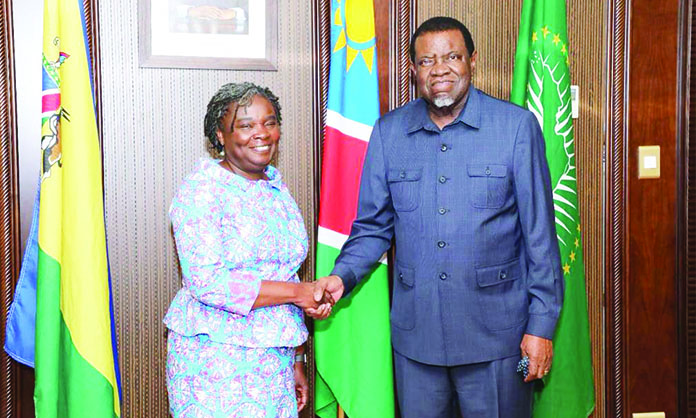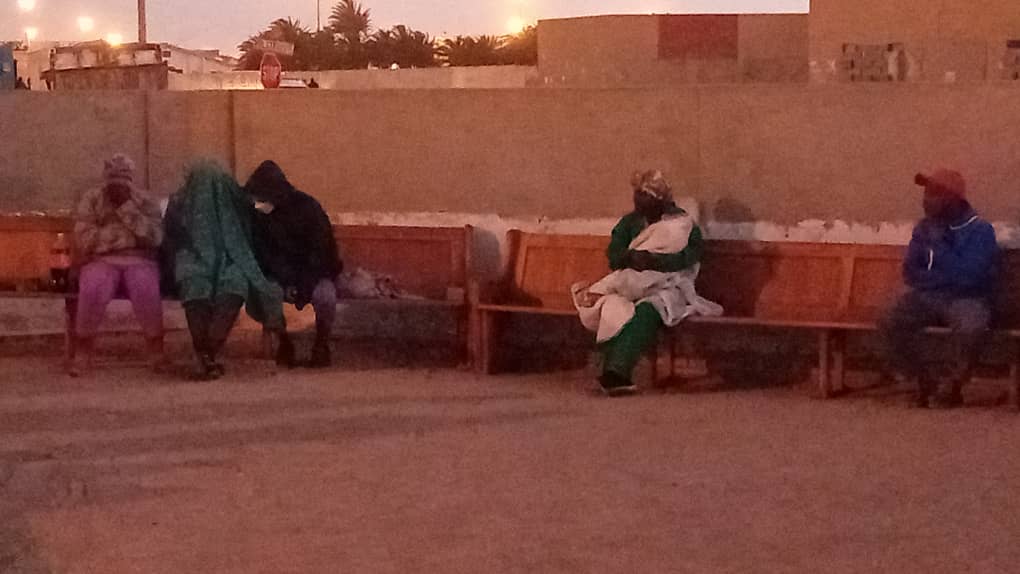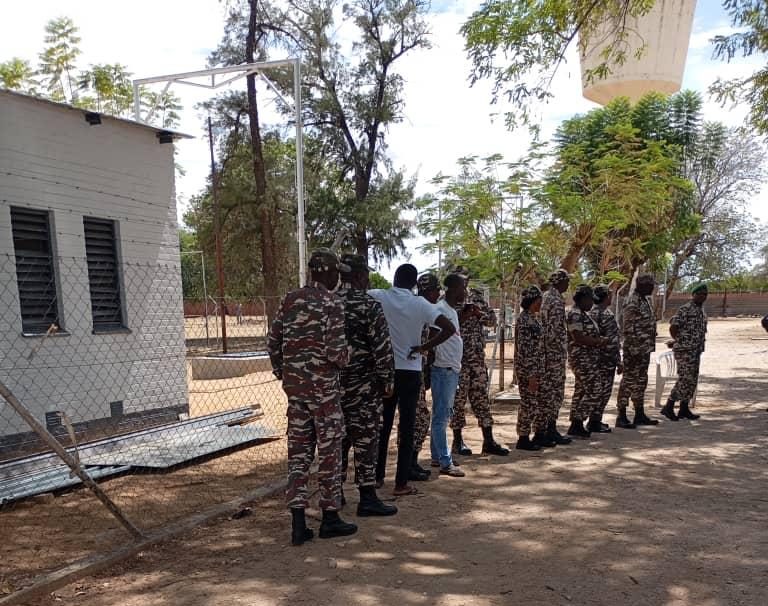The World Bank has raised concerns about Namibia’s education system and has specifically pointed fingers at repetition and school dropout rates – especially in the country’s rural areas.
The World Bank’s regional vice president for eastern and southern Africa, Victoria Kwakwa, said this at State House where she met with president Hage Geingob yesterday.
“There’s a noticeable issue of repetition and dropout rates, especially in the rural areas and poor communities, and although we commend Namibia’s significant investment in education, with 9% of gross domestic product and about 25% of the budget allocated to it, the challenge lies in realising the full benefits of this investment,” she said.
Kwakwa said establishing an early and regular system for assessing learning outcomes, rather than relying solely on national exams, could help tailor improvements to the education system.
“Namibia’s expansive geography makes conventional approaches costly. We propose exploring cost-effective methodologies that promote inclusivity while delivering education to all Namibians,” she said.
Kwakwa said the World Bank would be more than happy to come on board to help with this system, which would include strengthening teacher quality and performance.
‘NOT PERFECT’
Geingob told the World Bank delegation that Namibia is still trying to implement the new system and it is not perfect.
He said the old system relied on end-of-year exams, where pupils may get nervous and fail, but the new continuous assessment system assesses pupils throughout the year.
This approach ensures that even if children perform poorly in the final exam due to unforeseen circumstances, they could still pass if their continuous assessment results were good.
“We just implemented it, and that is also causing our education system trouble,” he said.
Discussions around the quality of Namibian education have been ongoing for years.
Last year, presidential adviser on youth matters Daisry Mathias said more than 10 000 pupils drop out of schools annually.
“This leads to a very high attrition rate, with two out of three pupils from rural areas currently unable to proceed to secondary and tertiary education,” she said.
The Ministry of Education, Arts and Culture in 2021 said more than 30 000 pupils did not return to school following the 2020 Covid-19 lockdown.
Executive director of education Sanet Steenkamp yesterday referred The Namibian to her deputy, Gerhard Vries, for comment, who did not respond at the time of going to print.
REFORMS NEEDED
Education specialist Homateni Julius says the Namibian education system is not meant to demoralise pupils and teachers, however, the problem emanates from the regional and national rankings according to performance in final examinations.
He says most schools prioritise exam preparation to boost scores, and special attention is given to high achievers, while others often receive less support, leading to potential struggles.
“As such, the emphasis is more on assessment than on learning. We then see more and more pupils making their way up the grades, with little learning having taken place,” Julius says.
However, more recently, there has been a global reduction in the importance given to exam results, with more emphasis on developing pupils holistically.
Singapore is one such country, of which the education system is known to be one of the best in the world – a result attributed to rigorous teaching methods and excellent teachers.
“As for teachers, I also recommend some diagnostic tests just to inform the type of support they need in their subjects and field as part of continuous professional development.”
Political analyst Ndumba Kamwanyah says he agrees with the World Bank.
“We have an educational crisis at all levels of our education system in terms of performance, mismatch and relevancy,” he says.
He says the government should do away with the current exam system as it does not provide value for money, but instead makes children regurgitate facts, becoming empty vessels.
“We need to vigorously monitor the inputs, activities, outputs, outcomes and the impact of our education system so we can adjust the implementation. We also need to have periodic evaluation to assess the impact our education system is making,” Kamwanyah says.
OTHER TOPICS
Kwakwa said although the government has taken a holistic approach to housing, more needs to be done with regards to housing conditions at Katutura.
“We acknowledge the government’s holistic approach, supported by data and inclusive infrastructure, including transportation services. The forthcoming approval of a new housing policy offers an opportunity for further support in this area,” she said.
Kwakwa said digitalisation is a significant enabler of job opportunities, and Namibia has made strides in enhancing access to this.
However, the prohibitive costs hinder many from harnessing its potential for service access and job opportunities.
“We encourage the exploration of solutions to render these services more affordable and promote healthy competition among sector players to lower costs for the benefit of all Namibians,” she said.
Stay informed with The Namibian – your source for credible journalism. Get in-depth reporting and opinions for
only N$85 a month. Invest in journalism, invest in democracy –
Subscribe Now!






